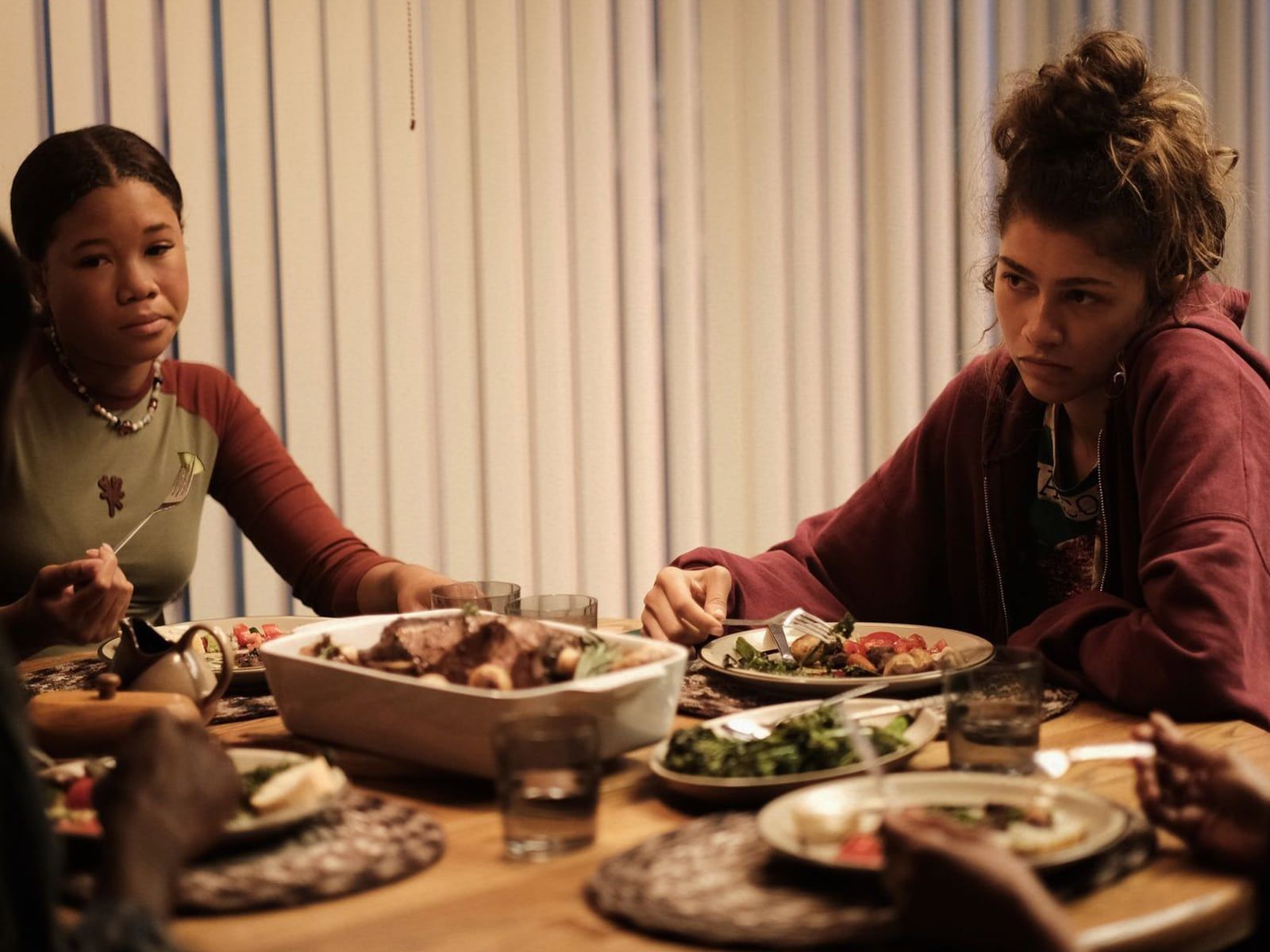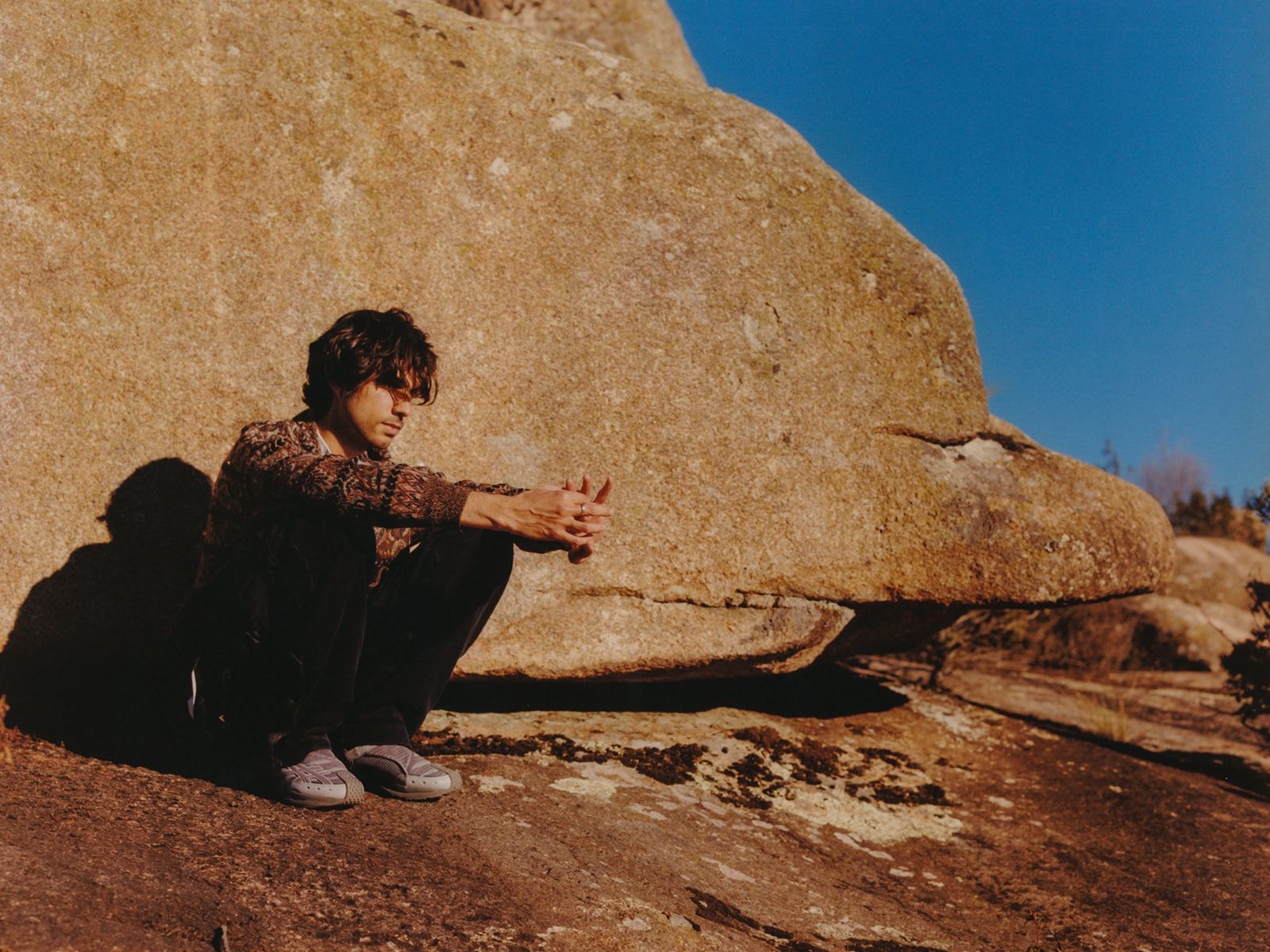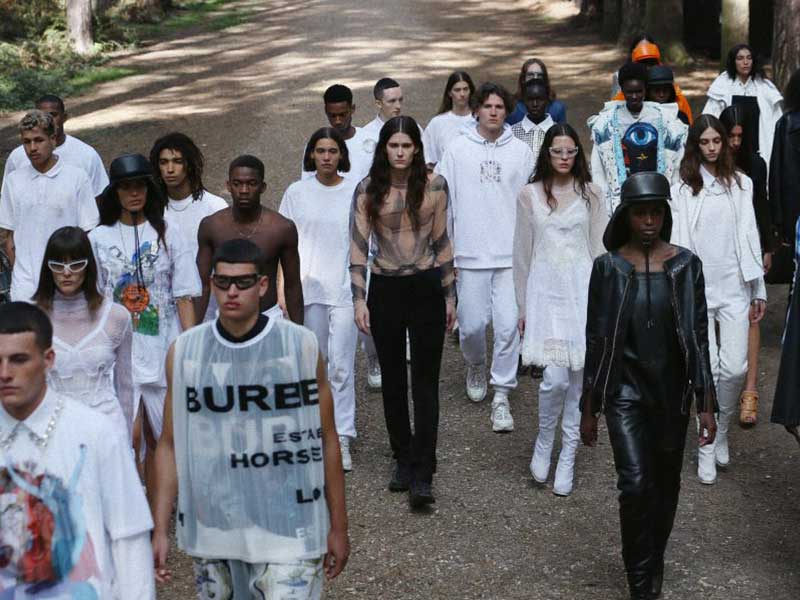Why this is the best time to study an opposition. Ten online courses you can do at home. How to optimize your profile in social media to give visibility to your work. This is the best time to create things. Do things. Produce things. All the media says so and your parents tell you so. Why aren’t you doing things? How can you not take advantage of this crisis to be a true creator? Look, we don’t want to do things.
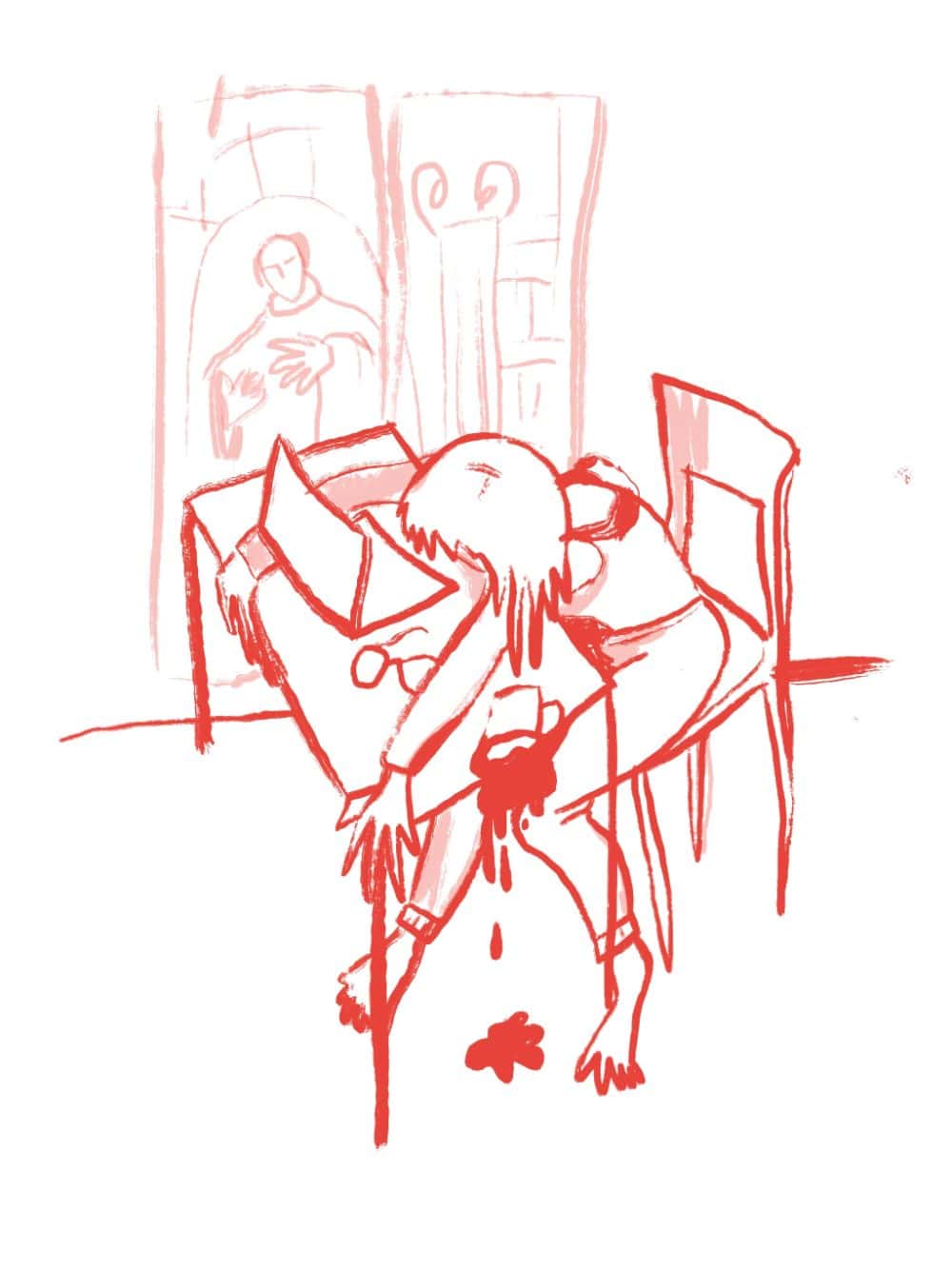
The post-pandemic crisis, of which so much has already been said, has fostered an agonizing sense of insecurity and has highlighted the great structural problems of our time. But there is much more, and this has not been talked about so much. It is not just a question of unemployment and lack of leisure. In a society that constantly demands to be creative and productive, the crisis has closed even more the limits of our validity and forced us to squeeze the barely achievable opportunity we have to produce.
If no one hires you, you must do something else. If no one hires you, you must spend all your time proving that they have to hire you. Because during these months you have improved your website or because you have acquired another diploma or because you now can speak a little bit of Portuguese. If someone hires you, you’ll have to make an effort to maintain that circumstance.
Now that everything is more difficult, you have to reinvent yourself. To continue producing. If well-being is a utopia accessible only to a privileged few, then it will be for those who produce the most autonomously, self-taught and, of course, unpaid. If well-being is a utopia, then it will be accessible only to those who have made the most of their free time.
Death of hedonism
We are talking about well-being, not luxury. Not even about hedonism. Whereas before we used to fantasize about a trip, a festival or new shoes as that hedonistic motivation we worked for, now everything comes down to living almost automatically. We have grown up establishing concrete criteria of hedonism and suddenly all that has died. All those epicurean scenarios we had in our heads have become an old-fashioned Pinterest board.
Now we have to build a new hedonism that takes place between four walls, because we can barely stay out of the house and because we no longer have a place to wear these shoes we wanted to buy. We try to build a new hedonism (reading? eating? watching series?) for which we don’t even need that money that used to motivate us to earn for something more than to survive. I always defended hedonism as an act of resistance. If we are urged to be working machines and to invest our time and money in improving as machines, pleasure is rebellion. But there is no such pleasure anymore: it is only the crumbs of what we once enjoyed.
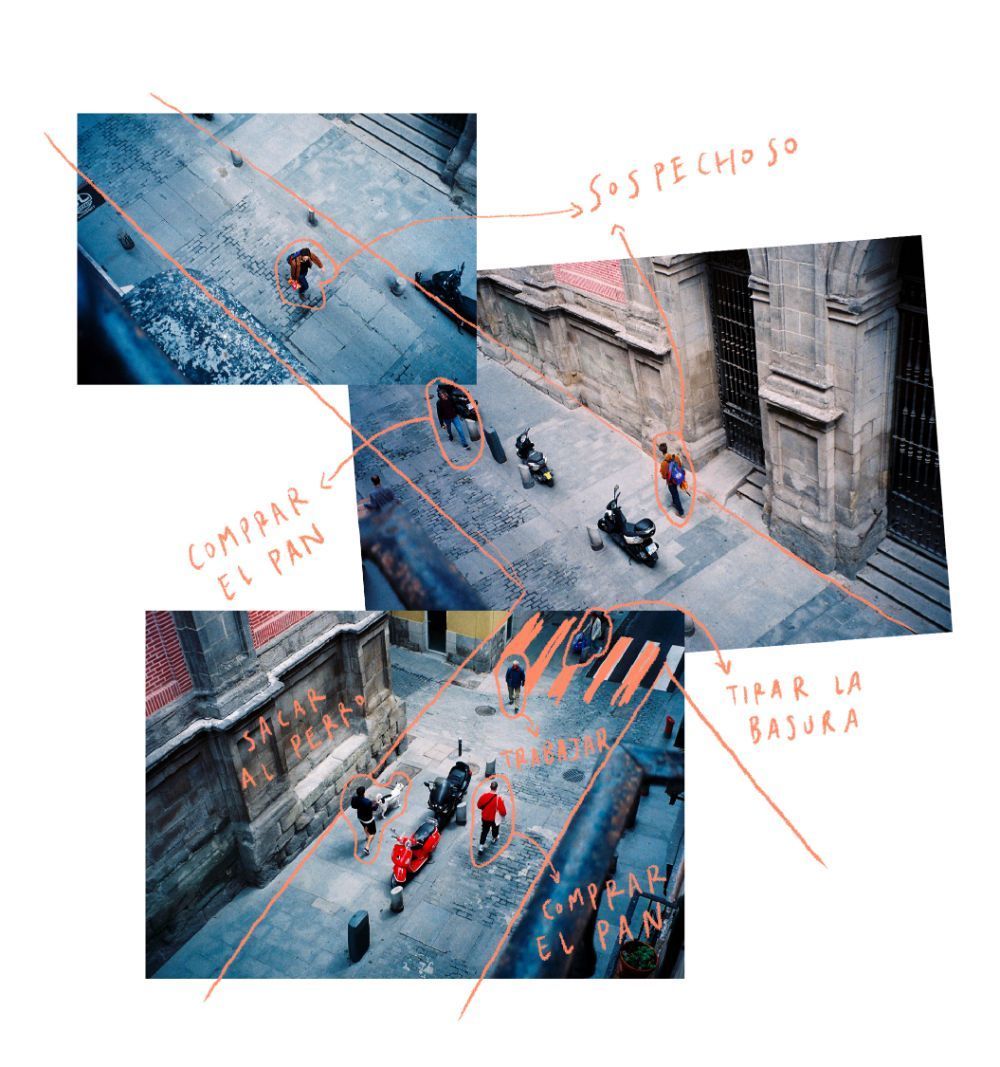
Now we work to eat, to pay the bills, and also not to be left behind, marginalized. If hedonism has always been a blackmail of work, now that the concept of hedonism has been radically altered, work is blackmailing us with absolute depression. The formula has changed. From “Work so you can enjoy your free time” to “Work so you can keep working”. Work. And if you don’t work, then you are nothing. It is not that you have nothing; it is that you are nothing.
The system has colonized our way of thinking to the point that it is no longer enough to just be, we also have to do in order to be valid. And we have to do all the time. Our validity is no longer an innate quality, but is determined by our level of employability. Our ego is restricted to our production capacity. Not only your work, but also your leisure must be oriented to the consumption of that which another has created. Moreover, that consumption must be oriented to your preparation as a creator. You have to read things because you have to know how to say them, write them, record them, transform them into art, evolve them into something that can be marketed. And we want to stop; to stop consuming, creating, producing.
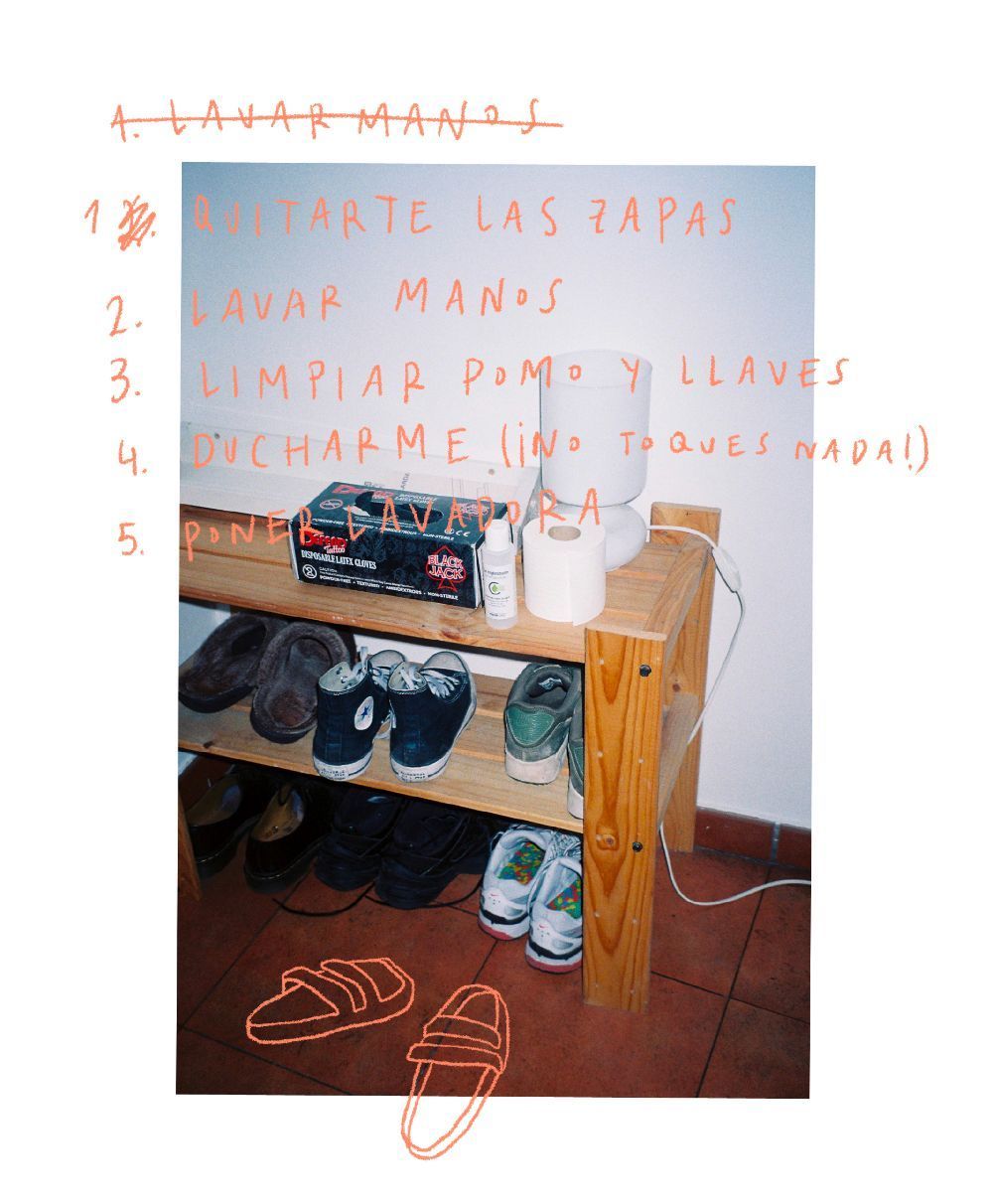
Fatigue Society
The truth is that we are sad, we are tired. And the most dangerous thing is that the general fatigue, together with the systematic pressure to produce, does not allow us time to articulate responses, to prepare. We have not even been able to understand what is happening, there is not even a time of mourning. And yet we are required to make an impossible adaptation, against the clock, to be ahead. We are forced to decipher the situation, to guess at its future and to give life to a new project on the basis of how the world is going, on the basis of how it is going to go.
Between pressures and hyper-stimuli, it is impossible for us to simply do something as simple as sitting in a chair, without a phone in our hands and without work in our minds. Sitting in a chair and dedicating ourselves to being for hours. Without doing anything. I guess this is the new hedonism. Decolonizing your mind, being able to not do. Sitting and breathing. We continue to be subjected to an increasingly monstrous routine. So we have not been allowed to breathe and rest. We have not had time to swallow and feel. Thinking about the desire for calm I remember this poem by Gloria Fuertes:
They told me:
– Either you get in the wagon
or you will have to push it.
I didn’t get on or push it.
I sat in the gutter
and around me,
in due course,
poppies sprouted.
Sigue toda la información de HIGHXTAR desde Facebook, Twitter o Instagram
